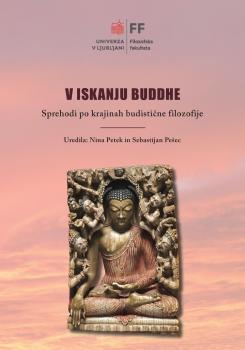European Buddhism as Pessimism and Nihilism: The Reception of Buddhism in the 19-Century German Philosophy (Hegel, Schopenhauer, Nietzsche)
Synopsis
The 19th century saw Germany and Europe in general gradually acquire its first knowledge of Buddhism. At the same time, it became a topic of interest among philosophers, but due to their poor knowledge of the subject matter and the very nature of the hermeneutic process of understanding texts from other historical and geographical contexts, they all shared a common misunderstanding about it. No matter how inclined or disinclined they were to Buddhism, they more or less followed others in taking it to be a form of nihilism and pessimism. Of course, one should bear in mind that each philosopher understood pessimism and nihilism in their own specific way. Hegel failed to include non-European philosophies into his system of the historical development of philosophy, but managed to include Buddhism in his system of religions. Schopenhauer was enthusiastic about how Buddhist philosophy affirmed his own philosophical thought. Nietzsche called himself the Buddha of Europe, and at the same time believed Buddhism to be a symptom of the tiredness of our civilization. Gradually, later philosophical research managed to get rid of various unsubstantiated prejudices. Yet all the while, Buddhism has remained safely unattainable in its alterity. One thing remains clear though: the continuing dialogue with it undoubtedly offers real promise for new and fruitful insights into our own intellectual landscape.
Downloads
Pages
Published
License

This work is licensed under a Creative Commons Attribution-ShareAlike 4.0 International License.


